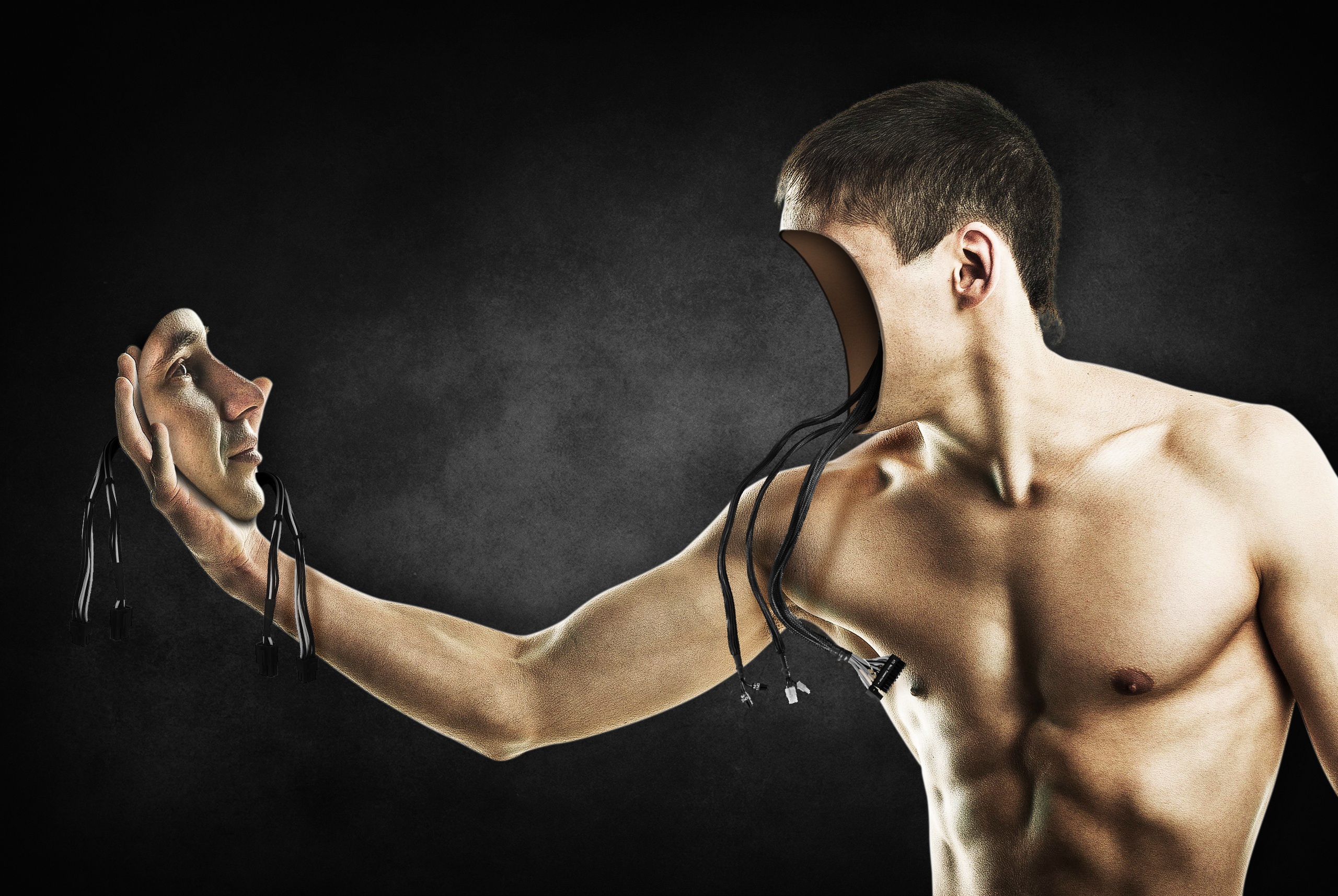
Artificial intelligence is a fractional simulation of human abilities in machines and computer systems. A fundamental aspect of AI, machine learning enables computer systems to function independently. It generates algorithms that can identify similar conditions in the past and learn to adapt to new situations. Artificial intelligence is intended to create computer systems capable of solving complex problems identical to that of a human.
The role of AI in science is to help scientists process raw data and extract insights from their research. It helps them to discover new information and create new hypotheses. AI can be used in biomedical engineering to help diagnose patients with conditions that are not easy to identify and treat. It can also be used in astronomy by processing data from telescopes, satellites, and other sources.
There are three categories of AI, including Artificial Narrow Intelligence (ANI), Artificial General Intelligence (AGN), and Artificial Super Intelligence (ASI). An Artificial Narrow Intelligence is a machine with a narrow focus, an Artificial General Intelligence is a machine with a broader focus, and an Artificial Super Intelligence is a machine with an expansive focus. ASI has machine consciousness that can perform abilities beyond human capabilities.
In recent years, there has been a growing interest in artificial intelligence and its potential to change the world as we know it. Artificial intelligence is slowly infiltrating our lives, from self-driving cars to robots. The impact of AI will only grow as it evolves. And while some people are excited about this, others are worried about what this means for the future.
There is no doubt that artificial intelligence will significantly impact our lives in the years to come. But what exactly will this impact be? We are on the brink of a new era in which artificial intelligence (AI) will transform the world as we know it. With the rapid advancement of AI technology, many jobs that human beings have traditionally carried out are now being taken over by machines. This trend is only expected to continue as AI technology becomes increasingly sophisticated.
While there are many benefits to this new era of AI, there are also some serious risks that we should be aware of. One of the most significant risks is that human beings could become obsolete as machines become better and better at doing the things that we currently do. This could lead to mass unemployment and unthinkable levels of inequality. We should be worried about this future and take steps now to ensure that everyone can benefit from the advancement of AI technology. Will artificial intelligence make our lives easier or more difficult? Only time will tell, but one thing is for sure: the future is looking more and more artificial.
